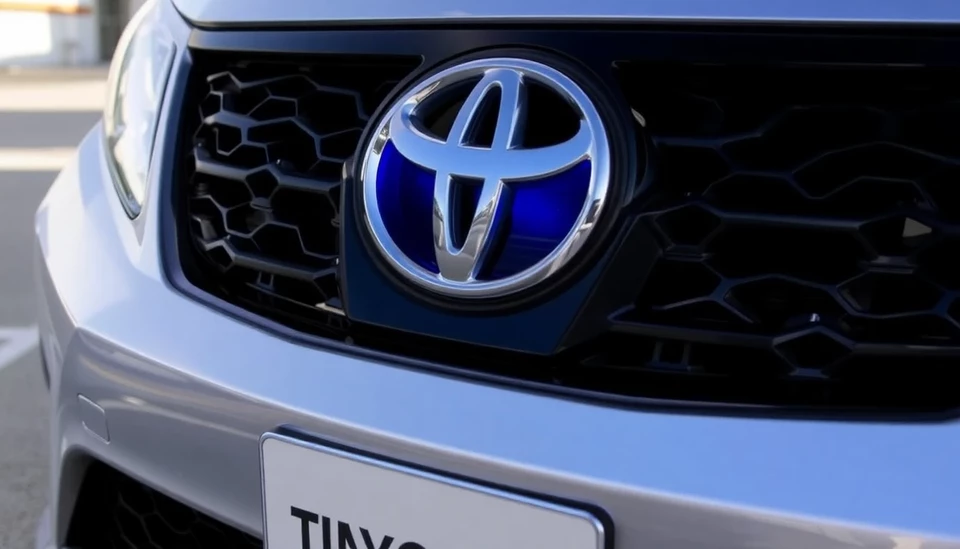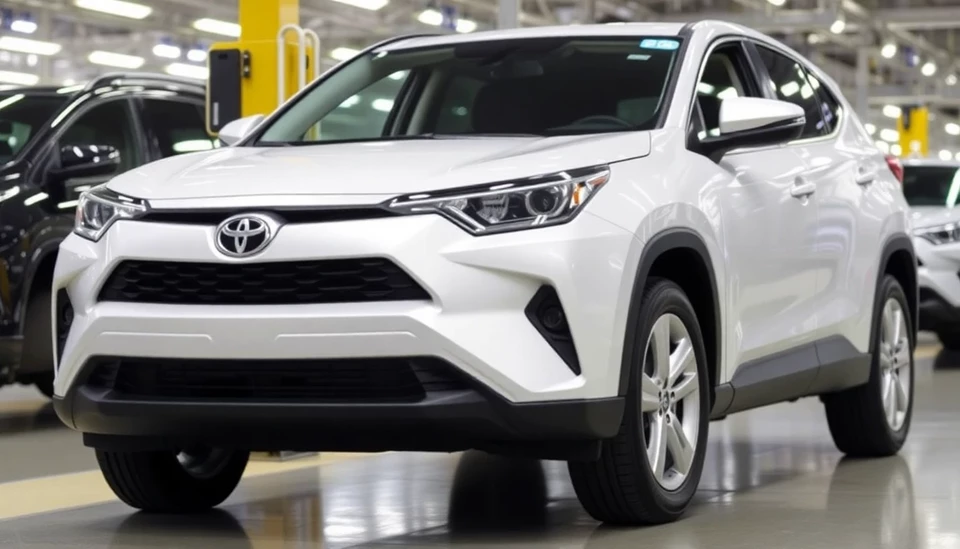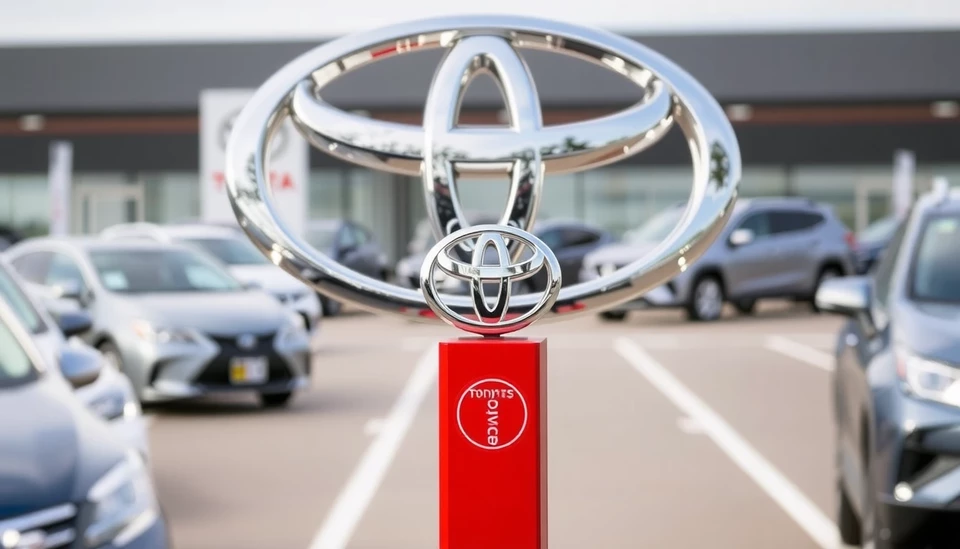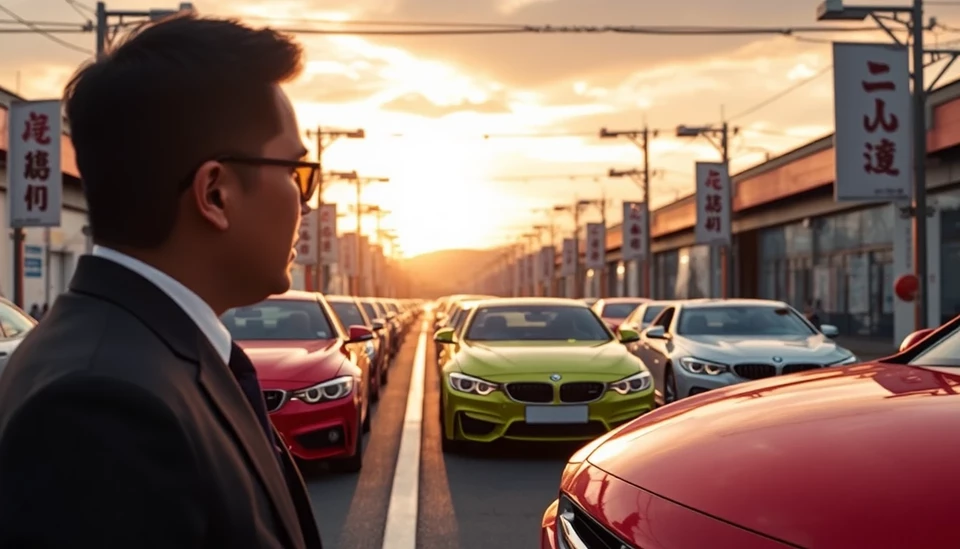
In recent years, Toyota has enjoyed remarkable success with its hybrid and gasoline vehicles, leading the automotive market while simultaneously presenting a significant distraction from the push towards electric vehicles (EVs). As the global focus shifts increasingly toward sustainable transportation solutions, Toyota’s current trajectory raises questions about the company’s commitment to an electric future.
With hybrids like the Toyota Prius still capturing the hearts of eco-conscious consumers, the company has made impressive strides by integrating advanced hybrid technology. As a result, traditional gas-powered vehicles are also experiencing a resurgence, overshadowing the urgent demand for fully electric offers. The popularity of these models has provided Toyota with a comfortable market position, but this success may come at a cost—an apparent lag in the development and promotion of electric vehicles.
Industry experts are expressing concerns that Toyota's ongoing focus on hybrid and gasoline models may impede the transition toward cleaner energy solutions. Critics argue that maintaining strong sales in these segments could lead to stagnation in innovation, holding back investments in battery technology and renewable energy sources. This challenge becomes more pronounced as other automakers prioritize EV production, vying for a head start in an increasingly competitive market.
The automotive industry is undergoing a fundamental transformation, as governments around the world establish stricter emissions regulations and provide incentives to encourage EV adoption. Companies that fail to adapt quickly may find themselves left behind. Toyota's current path could misplace its resources and strategic vision, allowing rivals to capture more market share in the burgeoning EV sector.
Despite these challenges, Toyota has announced plans to ramp up its electrification strategy. While the company remains optimistic about its long-term goals, the delay in realizing a robust electric lineup raises doubts about its competitive edge. The company has hinted at a future where new electric models will be unveiled; however, critics question whether these plans can materialize swiftly enough to match or surpass the accelerating pace set by competitors.
The dilemma surrounds the balancing act between the existing profitable hybrid models and the ambitious aspirations for electric vehicles. While hybrids undoubtedly play an essential role in transitional automotive technology, the reluctance to pivot decisively toward electrification may ultimately hinder Toyota’s ability to maintain its leadership position in a rapidly evolving marketplace.
As the battle for EV supremacy intensifies, consumers are becoming increasingly discerning about their vehicle choices, seeking committed sustainable options. The success of Toyota's hybrids may temporarily bolster sales figures, but the long-term sustainability and viability of these models depend heavily on how quickly and effectively the automaker can embrace electric technology and innovation.
In conclusion, as Toyota rides high on the success of its hybrid and gasoline vehicles, it faces the unique challenge of transitioning its strategy to fully embrace the electric future. With pressure mounting from regulatory bodies, consumer preferences, and industry competition, time will tell if the company can effectively navigate this critical evolution within the auto industry.
#Toyota #ElectricVehicles #Hybrids #Sustainability #AutomotiveIndustry #Innovation #EVFuture #GreenTechnology
Author: John Harris




